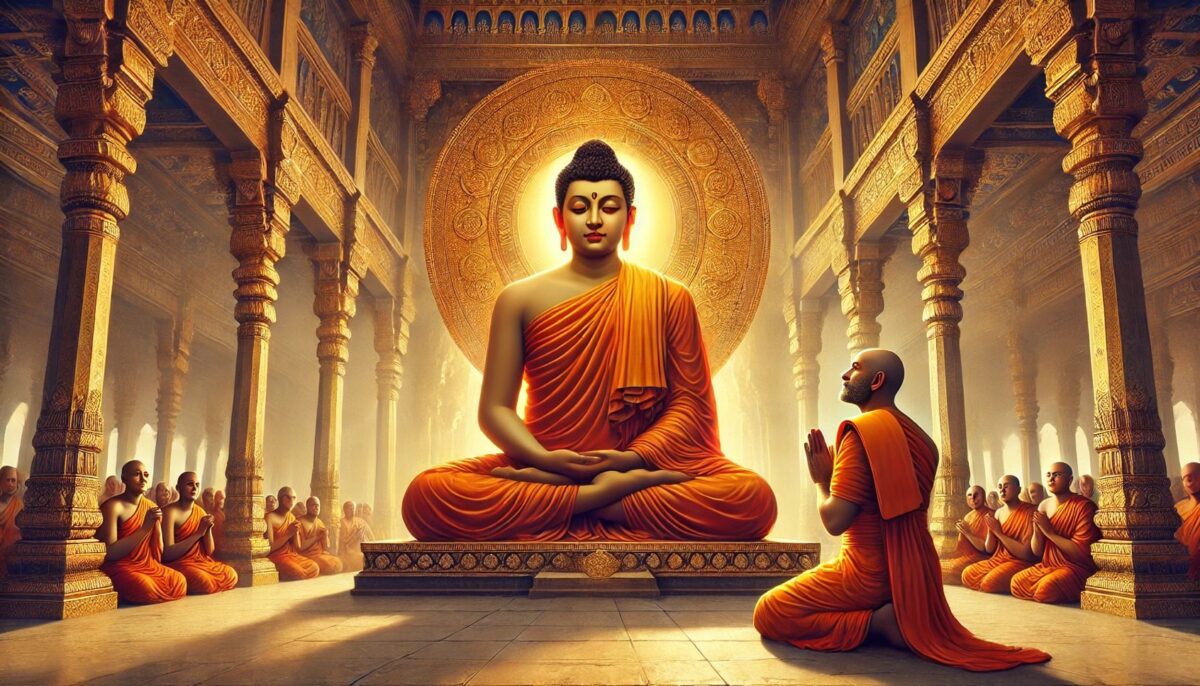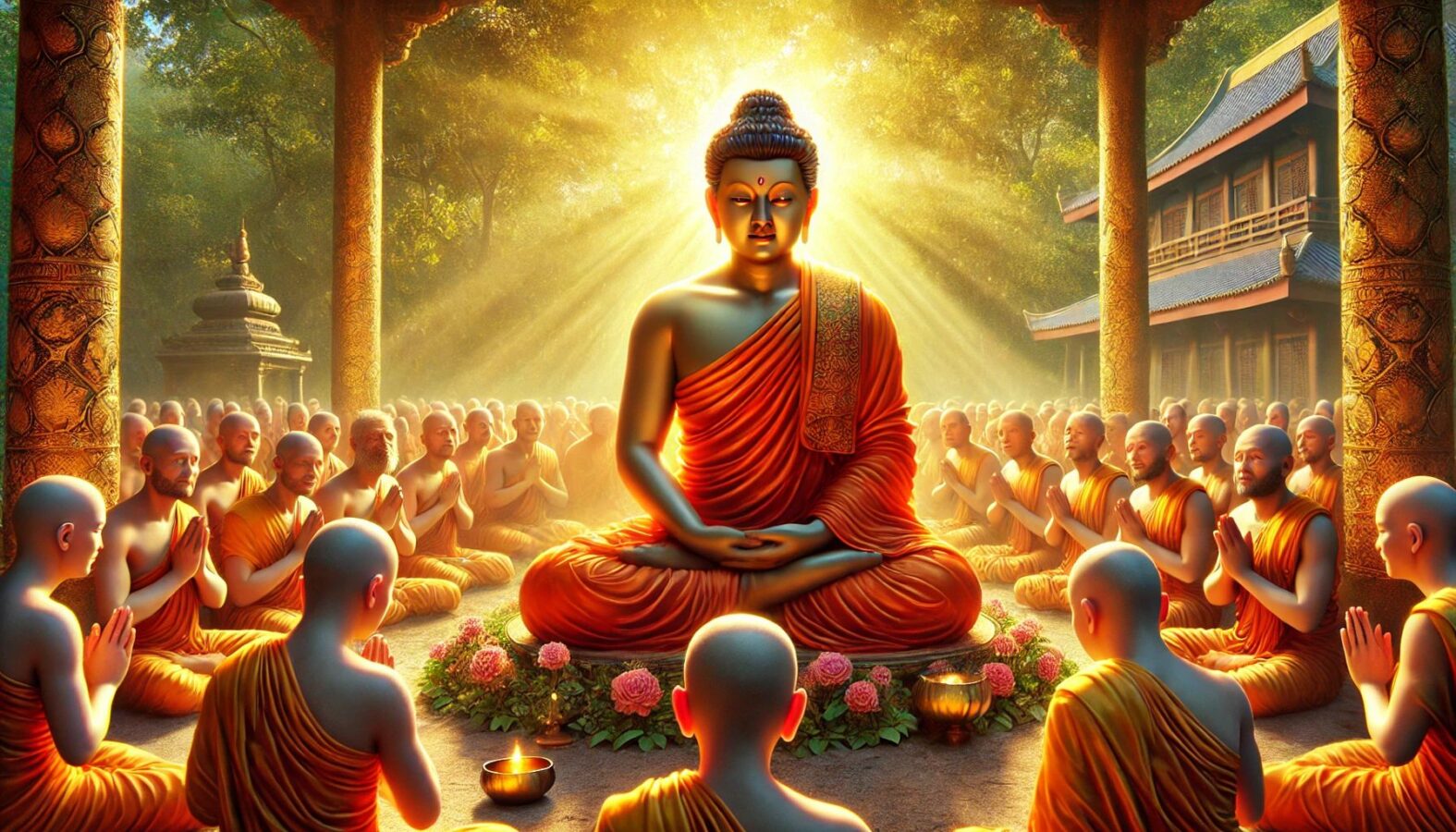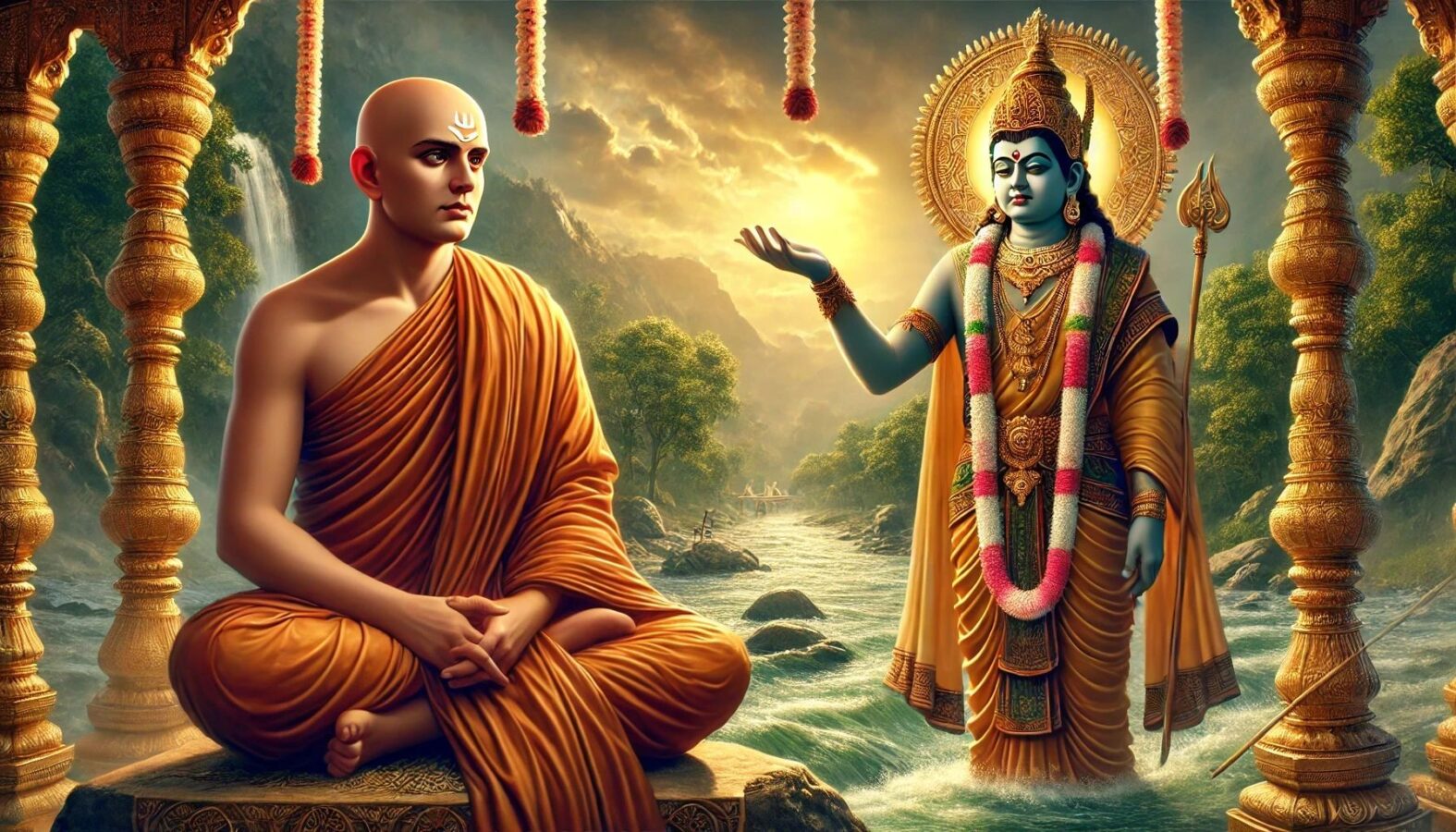
Date: 02/01/2025 02/02/2025
Location: Star River Meditation Center
Teacher: Yunquan Huang
Dharma Talk
Do Not Merely Believe
Once, a Licchavi named Bhatti visited the Buddha at the Double-Storied Hall in the city of Vesali.
Bhatti said to the Buddha:
“Venerable Sir! I have heard a rumor:
‘The ascetic Gautama uses deceptive magic and is skilled in the art of persuasion to entice followers of other sects.’
Venerable Sir, is this true, or is it slander against you? We do not wish to slander the Blessed One, so we have come to verify it with you.”
“Bhatti,
Do not believe something merely because it is the mainstream opinion of the majority.
Do not believe something merely because it comes from the ancient oral tradition of the Vedas.
Do not believe something merely because it is taught by someone with a complete lineage.
Do not believe something merely because it is found in scripture.
Do not believe something merely because it is logical.
Do not believe something merely because it conforms to reason.
Do not believe something merely because it aligns with rational thought.
Do not believe something merely because it results from deep reflection.
Do not believe something simply because the teacher is authoritative and well-regarded.
Do not believe something merely because a monk or ascetic happens to be your teacher.
Bhatti, if something, when done, results in unwholesomeness, fault, condemnation by the wise, or attachment that leads to unnecessary suffering, then Bhatti, that is what should be abandoned and eradicated.”
The Buddha then provided specific examples to explain:
“Bhatti, if a person’s heart gives rise to greed or anger, do you think this is beneficial or harmful?”
“Venerable Sir, it is harmful.”
“Bhatti, when a person is blinded by greed and anger, they become attached and may commit acts such as killing, stealing, sexual misconduct, and deception. Not only do they commit such acts themselves, but they may also encourage others to do so. Such a person is like someone lost in deep darkness, continually experiencing unnecessary suffering. Do you agree?”
“Venerable Sir, I agree completely.”
“Bhatti, then do you consider greed and anger to be wholesome or unwholesome? Are they faulty or faultless? Would the wise condemn or praise them?”
“Venerable Sir, they are unwholesome, they are faults, and the wise would condemn them,” Bhatti replied.
“Bhatti, a person who is free from greed and anger is not blinded by these emotions. They are not attached and are able to avoid acts such as killing, stealing, sexual misconduct, and deception. Not only do they avoid such acts themselves, but they also encourage others to avoid them. Such a person continually benefits from peace and joy. Do you agree?”
“Venerable Sir, I agree completely.”
“Bhatti, then do you consider being free from greed and anger to be wholesome or unwholesome? Are they faulty or faultless? Would the wise condemn or praise them?”
“Venerable Sir, they are wholesome, they are faultless, and the wise would praise them.”
“Bhatti, the quiet sages of the world teach their disciples in this way: One should restrain greed, anger, ignorance, and rage, and abide peacefully. When greed, anger, ignorance, and rage are restrained, the body, speech, and mind will not create karma from these afflictions.”
Upon hearing the Buddha’s teachings, Bhatti was deeply moved and said to the Buddha that from this day forward, he would take refuge in the Buddha for life and become a lay disciple. At this moment, the Buddha returned to the original topic and asked Bhatti:
“Bhatti, have I ever said to you, ‘Come, Bhatti, become my disciple, for I am your teacher’?”
“Venerable Sir, you have not.”
“Bhatti, therefore, those who say, ‘The ascetic Gautama uses deceptive magic and is skilled in persuasion to entice followers of other sects,’ are simply unreflective ascetics and Brahmins slandering me with false accusations.”
“Ah, Venerable Sir, this is truly skillful persuasion and marvelous magic. I sincerely hope you will use such skillful means to guide my dear clansmen so that they may also gain lasting benefit and peace. Venerable Sir, if all Kshatriyas, Brahmins, Vaishyas, and Shudras could hear such skillful guidance, they too would gain lasting benefit and peace.”
“Bhatti, that is indeed so. Bhatti, not only them, but all devas, maras, brahmas, ascetics, Brahmins, celestial beings, and humans alike. Even the great trees outside this hall, if they had thoughts, could be guided in this way to abandon unwholesome qualities, cultivate wholesome qualities, and gain lasting benefit and peace—how much more so for humans!”

